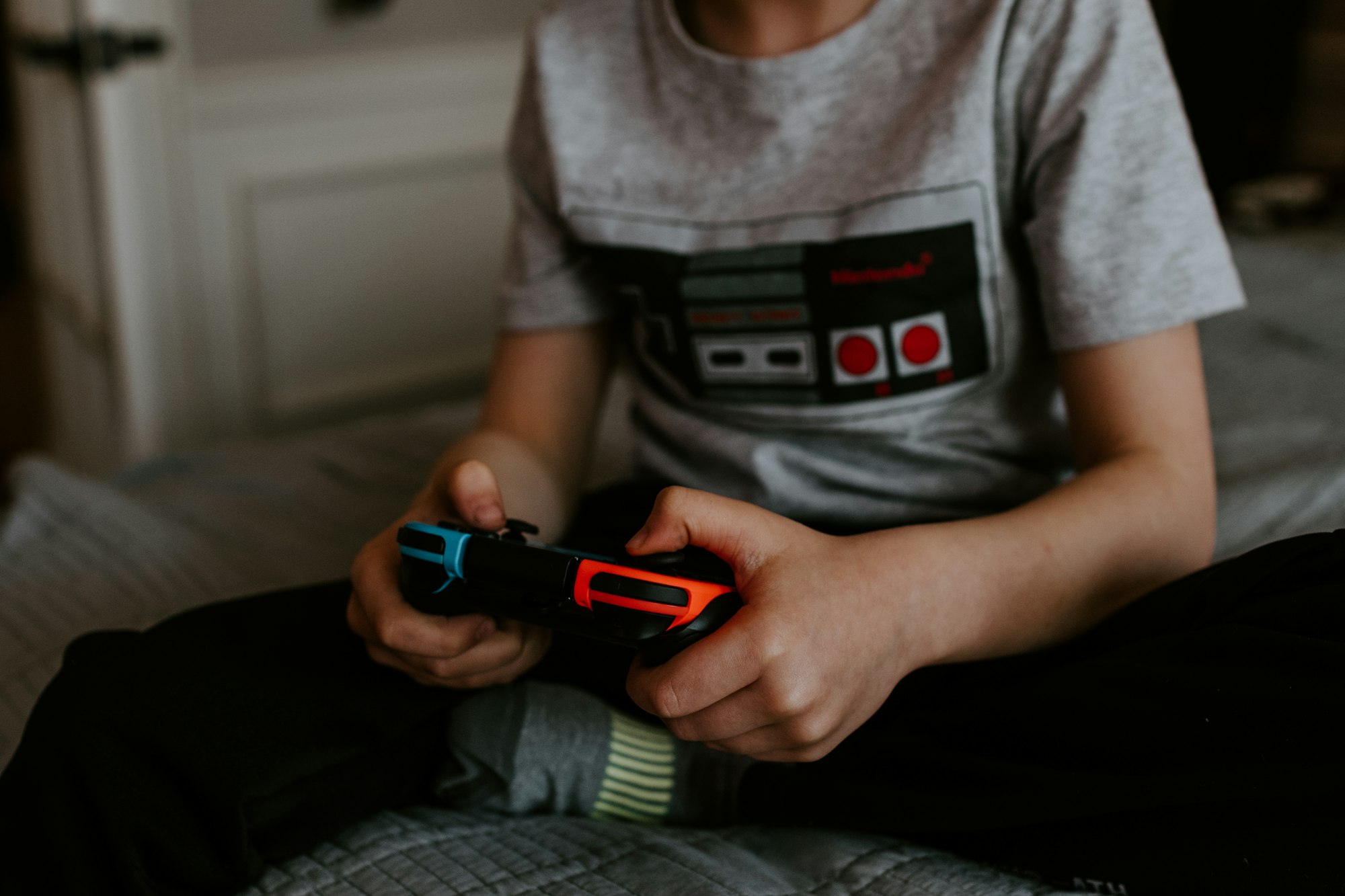Chinese authorities are cracking down on what it calls 'chaotic' celebrity culture in an effort to encourage more wholesome role models.
First, there were video games; now it is celebrities; Chinese authorities are trying to crack down on both, are they right?
What is the obsession with celebrities, and is it healthy? Do we in some way devalue ourselves when we focus too much on celebrities?
Then again, when a celebrity does something we agree with, maybe that makes it all okay, doesn't it? Take Marcus Rashford; he used his celebrity status to force policy change. Does that mean celebrity culture is a good thing?
Authorities in China are not so sure.
They are concerned about what they call chaotic' celebrity culture. They want local government to watch out for activities deemed unsavoury, like targeting excessive pleasure, looks and lifestyles. Chinese regulators are also restricting online discussion of celebrities daily lives.
They say they want to create a more positive environment and hope to achieve this via tighter regulation. The move follows a similar policy announcement in the summer of 2021 to cut down on the amount of time teenagers play online video games.
Maybe they are right, but who are they to decide?
Perhaps they feel it is unwholesome, in which case authorities might be akin to a kind auntie, their heart is in the right place, but they might not be the best-qualified people to judge.
Or maybe they worry about celebrities gaining undue influence undermining the government's authority, in which case it smacks of a handful of people in power trying to strengthen their power and water down popular discontent. If that is true, not even their heart is where it should be.
Is it time to celebrate ordinary folk?
It does appear to be human nature to single out heroes. The ancient Greeks had Heracles and Achilles, but no doubt our ancestors from 100,000 years ago had their heroes too, whose deeds they exaggerated and celebrated down the ages.
Back then, our heroes were local to us; we recalled the deeds of a great hunter or warrior, but there were no newspapers, TV or internet to magnify the cult of celebrities.
The Greeks had minor gods and deities, a god of a local river, for example; maybe today we have gods of football, music, and baking, of hairdressing of surviving in the jungle. Maybe today, celebrity culture is not that different from what we have always had, or maybe we put some people on pedestals they don't deserve and, in the process, undermine ourselves.
As media becomes more pervasive, the cult of celebrities will become exaggerated further. If we are about to move into the Metaverse and create a kind of global village, might the pool of celebrities get smaller, but the status of those swimming in it get even larger?
When China cracked down on the playing of video games, it may have had a point. As we said at the time;
The research is ambiguous on whether video games are bad for us. Some research has actually shown a positive correlation between playing video games and both behaviour and our brain.
If a video game is a multiplayer game, then doesn't it support social interaction?
It all comes back to the everything in moderation trope.

Video games are not bad, any more than watching TV or reading a book is bad. Likewise, celebrities fandom is not a bad thing, up to a point.
However, our species was not designed to play video games or live in a global village, which is worth considering.
Over the last few thousand years, humanity has been moving away from the lifestyle for which millions of years of evolution designed us. This trend is accelerating. The last one hundred years has probably seen our species' social culture change more than in the previous few millennia. The last few decades has probably seen more social-cultural change than the previous century — consider how the smartphone has changed us. The Metaverse's effect on humanity will be an order of magnitude greater.

When change accelerates like that, the time interval between paradigm shifts gets shorter and shorter. And no one understands the consequences.
Are Chinese authorities visionary in trying to curtail excesses, or are they like Luddites or King Canute trying to stop that which can not be stopped?
Or are they simply trying to hang on to power, like those in power have tried to do for time immemorial?






Related News
The tyranny of rightwing snowflakes and far-right wokism
Mar 14, 2023
Unconscious bias 1930s Germany and the BBC
Mar 14, 2023
Microsoft CEO says AI can reduce inequality
Jan 24, 2023